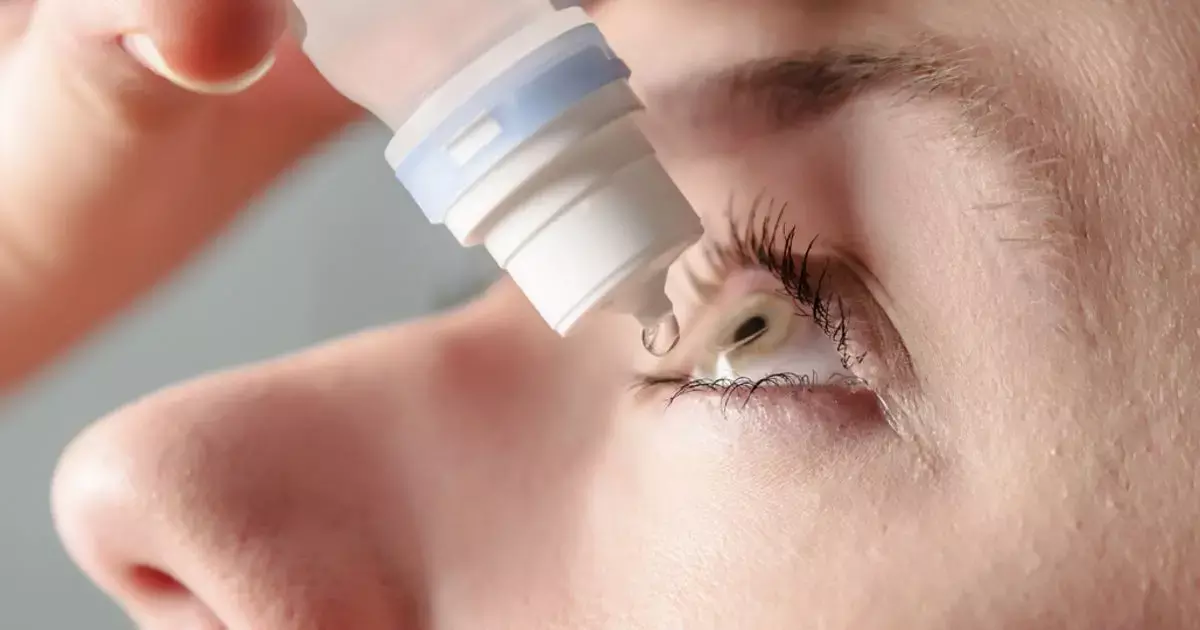- Home
- Medical news & Guidelines
- Anesthesiology
- Cardiology and CTVS
- Critical Care
- Dentistry
- Dermatology
- Diabetes and Endocrinology
- ENT
- Gastroenterology
- Medicine
- Nephrology
- Neurology
- Obstretics-Gynaecology
- Oncology
- Ophthalmology
- Orthopaedics
- Pediatrics-Neonatology
- Psychiatry
- Pulmonology
- Radiology
- Surgery
- Urology
- Laboratory Medicine
- Diet
- Nursing
- Paramedical
- Physiotherapy
- Health news
- Fact Check
- Bone Health Fact Check
- Brain Health Fact Check
- Cancer Related Fact Check
- Child Care Fact Check
- Dental and oral health fact check
- Diabetes and metabolic health fact check
- Diet and Nutrition Fact Check
- Eye and ENT Care Fact Check
- Fitness fact check
- Gut health fact check
- Heart health fact check
- Kidney health fact check
- Medical education fact check
- Men's health fact check
- Respiratory fact check
- Skin and hair care fact check
- Vaccine and Immunization fact check
- Women's health fact check
- AYUSH
- State News
- Andaman and Nicobar Islands
- Andhra Pradesh
- Arunachal Pradesh
- Assam
- Bihar
- Chandigarh
- Chattisgarh
- Dadra and Nagar Haveli
- Daman and Diu
- Delhi
- Goa
- Gujarat
- Haryana
- Himachal Pradesh
- Jammu & Kashmir
- Jharkhand
- Karnataka
- Kerala
- Ladakh
- Lakshadweep
- Madhya Pradesh
- Maharashtra
- Manipur
- Meghalaya
- Mizoram
- Nagaland
- Odisha
- Puducherry
- Punjab
- Rajasthan
- Sikkim
- Tamil Nadu
- Telangana
- Tripura
- Uttar Pradesh
- Uttrakhand
- West Bengal
- Medical Education
- Industry
Aspergillus-specific lateral-flow device Effective for Microbial Keratitis Therapy

Microbial keratitis (MK), a leading cause of vision impairment and blindness in low- and middle-income countries, may soon be easier to diagnose and manage thanks to a revolutionary point-of-care diagnostic device. A recent study conducted at the Aravind Eye Hospital in Madurai, Tamil Nadu, India, showed promising results for an Aspergillus-specific lateral-flow device (AspLFD). The findings were published in the Journal of American Medical Association.
The study from May 2022 to January 2023 aimed to assess the AspLFD's effectiveness in identifying Aspergillus species responsible for MK in patients with corneal infections. Patients aged 15 and older who presented with symptoms suggestive of a bacterial or fungal corneal infection and were undergoing diagnostic scraping and culture were eligible for the study.
Out of the 198 participants meeting the criteria, 17.7% of those with corneal scrape samples and a staggering 42.5% of those with swab samples tested positive for Aspergillus species through traditional culture methods. However, the AspLFD, when combined with a novel ratiometric analysis developed for this study, demonstrated remarkable diagnostic accuracy.
For corneal scrape samples, the AspLFD achieved a sensitivity of 0.89, a high negative predictive value of 0.97, and an accuracy of 0.94. This means it correctly identified Aspergillus infections in the majority of cases and was very reliable in ruling out false positives.
Even more impressive were the results for swab samples, with a sensitivity of 0.94, a high negative predictive value of 0.95, and an accuracy of 0.88, indicating the device's potential to be an essential tool for rapid diagnosis in challenging cases.
The findings offer new hope for MK patients, especially in resource-limited settings where timely diagnosis and treatment are critical to preventing vision loss. This technology could lead to the development of point-of-care diagnostics for MK, making it easier for healthcare providers to identify and treat Aspergillus infections promptly.
These findings aid in reducing the risk of vision impairment, blindness, and eye loss in communities where access to advanced medical facilities is limited. While further research and validation are needed, the AspLFD represents a significant step towards improving eye health outcomes worldwide.
Source:
Gunasekaran, R., Chandrasekaran, A., Rajarathinam, K., Duncan, S., Dhaliwal, K., Lalitha, P., Prajna, N. V., & Mills, B. (2023). Rapid Point-of-Care Identification of Aspergillus Species in Microbial Keratitis. In JAMA Ophthalmology. American Medical Association (AMA). https://doi.org/10.1001/jamaophthalmol.2023.4214
Neuroscience Masters graduate
Jacinthlyn Sylvia, a Neuroscience Master's graduate from Chennai has worked extensively in deciphering the neurobiology of cognition and motor control in aging. She also has spread-out exposure to Neurosurgery from her Bachelor’s. She is currently involved in active Neuro-Oncology research. She is an upcoming neuroscientist with a fiery passion for writing. Her news cover at Medical Dialogues feature recent discoveries and updates from the healthcare and biomedical research fields. She can be reached at editorial@medicaldialogues.in
Dr Kamal Kant Kohli-MBBS, DTCD- a chest specialist with more than 30 years of practice and a flair for writing clinical articles, Dr Kamal Kant Kohli joined Medical Dialogues as a Chief Editor of Medical News. Besides writing articles, as an editor, he proofreads and verifies all the medical content published on Medical Dialogues including those coming from journals, studies,medical conferences,guidelines etc. Email: drkohli@medicaldialogues.in. Contact no. 011-43720751


